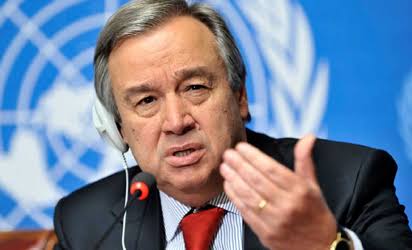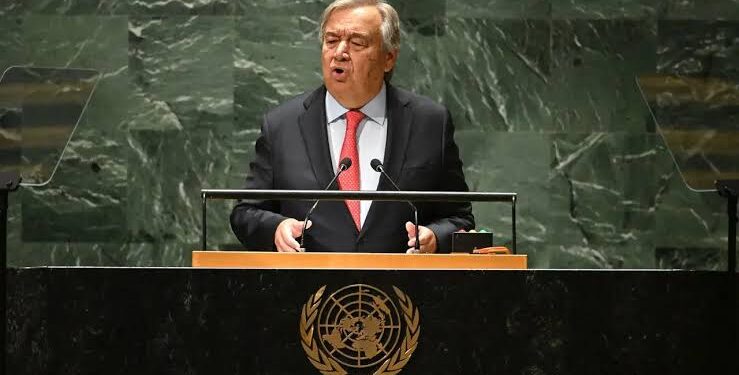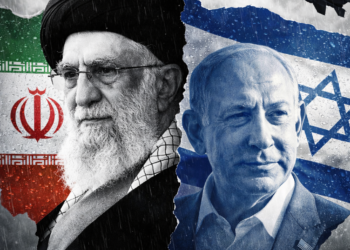The UN human rights chief has criticized Israel’s actions, citing a “blatant disregard” for international law, and urged states to take action against its occupation of Palestinian territories.
What They Are Saying
U.N. High Commissioner for Human Rights, Volker Turk, made this statement at the opening of a five-week U.N. Human Rights Council session in Geneva. He emphasized the urgent need to end the nearly year-long war in Gaza, warning of the potential for further escalation, particularly as the conflict extends to the Israeli-occupied West Bank. “Ending that war and averting a full-blown regional conflict is an absolute and urgent priority,” he stressed. He further urged states not to tolerate violations of international law, saying:
“States must not – cannot – accept blatant disregard for international law, including binding decisions of the (U.N.) Security Council and orders of the International Court of Justice, neither in this nor any other situation.”

Turk cited a recent opinion from the U.N.’s top court, released in July, which declared Israel’s occupation illegal. He stressed that this issue must be “comprehensively addressed.” Israel, however, rejected the court’s opinion at the time, labeling it one-sided.
In addition to his comments on Israel, Turk addressed other global human rights challenges, including ongoing crises in Sudan, Afghanistan, and Ukraine. He pointed to political leadership failures worldwide, warning that the international community is at a critical juncture.
“It seems to me we are at a fork in the road. We can either continue on our current path — a treacherous ‘new normal’ — and sleepwalk into a dystopian future,” he said in a speech that received applause from diplomats.
Turk condemned the growing use of the death penalty and “alarming regressions” in gender equality, particularly citing new morality laws in Afghanistan. He also expressed concern that in Western countries like Britain, Germany, and the United States, politicians may be inciting violence by scapegoating migrants and minorities during election periods.
Why It Matters
The ongoing conflict in Gaza has led to significant loss of life and sparked international calls for intervention by international law. Israel has been repeatedly accused of ignoring these legal standards, contributing to the worsening humanitarian crisis in Gaza.
The resolution of this conflict is crucial, not just for peace in the region but also for Turk’s legacy as U.N. human rights chief, as he faces criticism for his approach, particularly on alleged human rights abuses by China. His strong stance on the Gaza conflict and global human rights concerns may help counter these criticisms.
Turk defended his approach, stating: “I believe in engagement, frank exchanges, and keeping dialogue open, even more so in the face of fierce disagreement.”
Bottom Line
The ongoing debate surrounding the effectiveness of international law in curbing state aggression highlights a critical issue: international law, on its own, cannot enforce peace. As Turk pointed out, it requires active cooperation from states and international institutions. Without states willingly choosing to adhere to these standards, international law becomes ineffective. This raises the question of whether the current system is sufficient, or whether peace ultimately depends on the will of individual nations to uphold these principles.

















